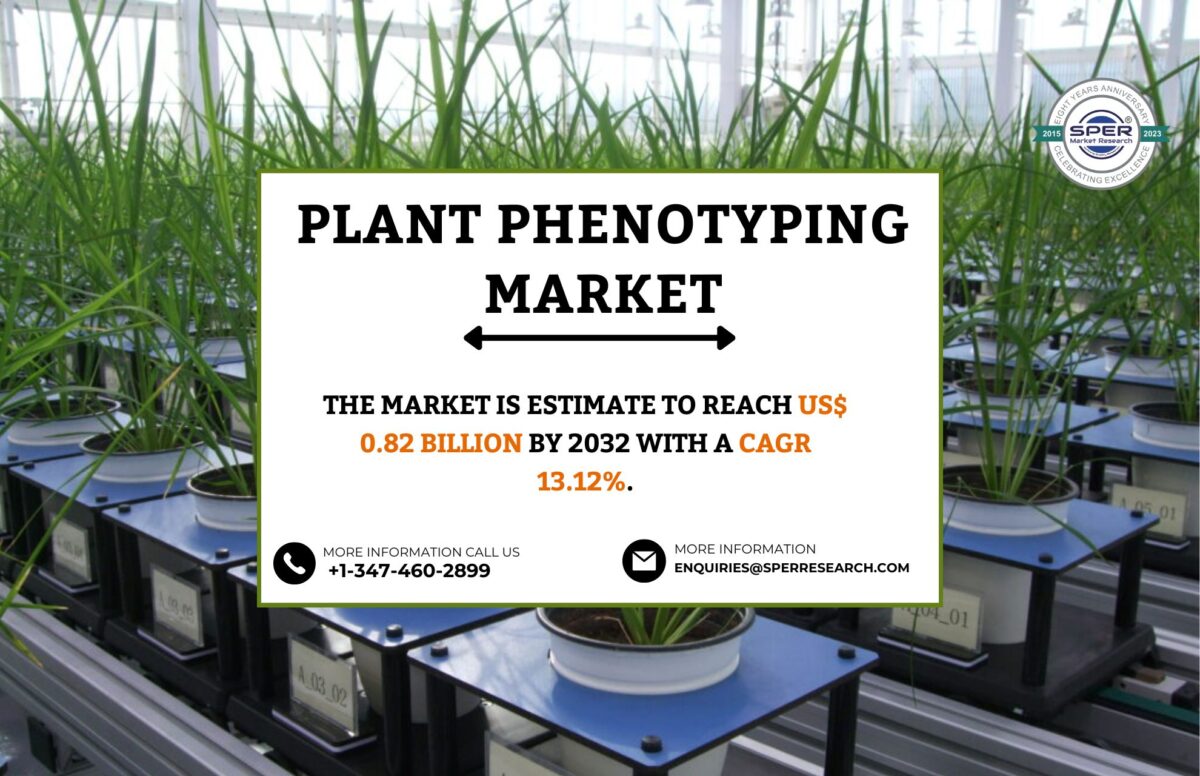How Decentralized Apps Shaping the Future of the Internet

The internet has fundamentally altered our interactions with the outside world. Today, we have access to an infinite amount of information, can communicate with people worldwide, and can share our thoughts and experiences. This newfound freedom has a price, though. We are constantly inundated with advertisements and targeted content because our personal data is now a commodity.
A new internet known as Web3 gives users control over their data. Users own their data with web3 apps and control who they share it with. The newest web3 dApp development services have completely changed how we use the internet, which allows users to manage their online experience.
What Is Decentralization
Distributing authority or responsibility away from a central authority is known as decentralization. Decentralization, for instance, usually refers to the distribution of power among various levels of management in business.
Centralization, in which control is centralized in one person or group, is the opposite of decentralization. Giving people or groups more control over their work through decentralization can increase efficiency and effectiveness. Additionally, it can aid in boosting innovation and creativity while decreasing bureaucracy.
Contrary to popular belief, Web3 is not merely a more advanced version of Web2. Instead, it represents an entirely new way of considering the internet and its potential applications.
The Benefits of Decentralization
There are several advantages to decentralization. The ability to disperse power and ensure that decisions are made close to those impacted by them can result in better decision-making. Organizations less susceptible to being destroyed by a single point of failure can become more resilient.
Decentralization can also make it simpler for newcomers to enter a market or industry because they are not required to request permission from a centralized authority.
Communities benefit from more autonomy and control over their affairs thanks to decentralization. As a result, there may be more effective and efficient decision-making and a greater sense of civic ownership and accountability.
Future of Web 3.0 and Decentralized Internet
This is using your voice assistant to listen to your favorite podcasts or listen to your favorite music. And as you sip your coffee and scroll through your social media, you notice that some ads are made specifically for you. Additionally, the apps show you some fantastic offers that seem too good to pass up as you prepare to order some groceries online.
Bring on Web 3.0! You might believe that technology can read minds. Though it isn’t! Web 3.0 is at work with AI models and big data analytics; it is not a wizard with magical abilities.
Deep learning, AI, and blockchain are modern technologies that enable in-person human interaction. Isn’t that cool now?
Simply put, Web 3.0 (also known as semantic web) can now predict the web’s direction. Future developments in digital transformation and related technologies are advancing. Exploring how to create a secure, trustworthy decentralized network that provides you with the best services and products suitable for your business ecosystem is also exciting.
How the Decentralized Web is Getting Utilized
Different applications use the decentralized web. A common application is distributed storage. Instead of being kept on a single central server, data is kept in this scenario on a network of computers. Numerous benefits result from this, including improved security and redundancy.
Distributed computing also makes use of the decentralized web. Here, instead of a single central server, a network of computers is used to perform the computation. Increased efficiency, scalability, and security are benefits of this.
Decentralized technology such as Web3 is becoming more widely adopted than ever. Decentralized applications (dApps), also referred to as “smart contracts” or “decentralized applications,” are supported by Web3 technology.
The primary platform that supports Web3 is thought to be the Ethereum platform. The third generation of the World Wide Web is known as Web3. Developers can create and use decentralized applications on this decentralized platform.
The decentralized network of nodes that powers Web3 makes it more resistant to attack and criticism than conventional centralized systems. Web3 can communicate with other decentralized systems because it is interoperable. As a result, it is a crucial component of the developing Web of Trust.
conclusion
Distributing power or control is the process of decentralization. It refers to the delegation of power or management over something, usually a piece of data or a system. Decentralization refers to achieving this distribution without relying on a central server, central computer, or government as the controlling entity.









